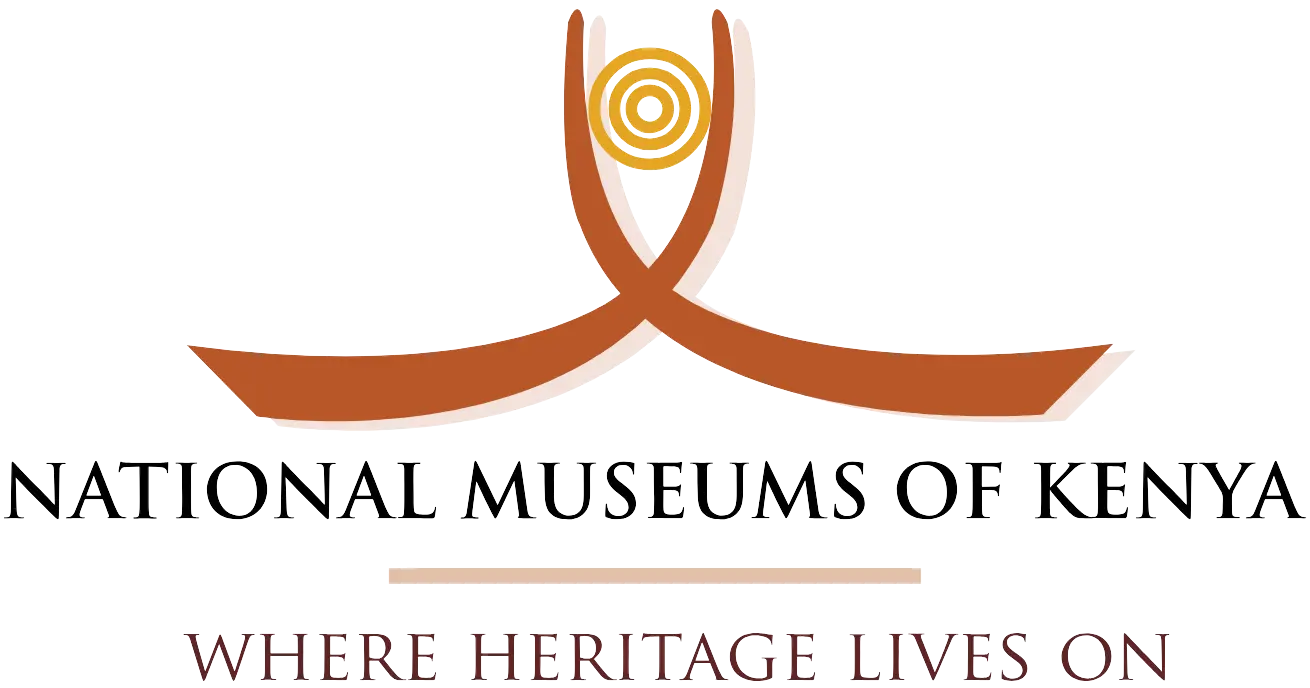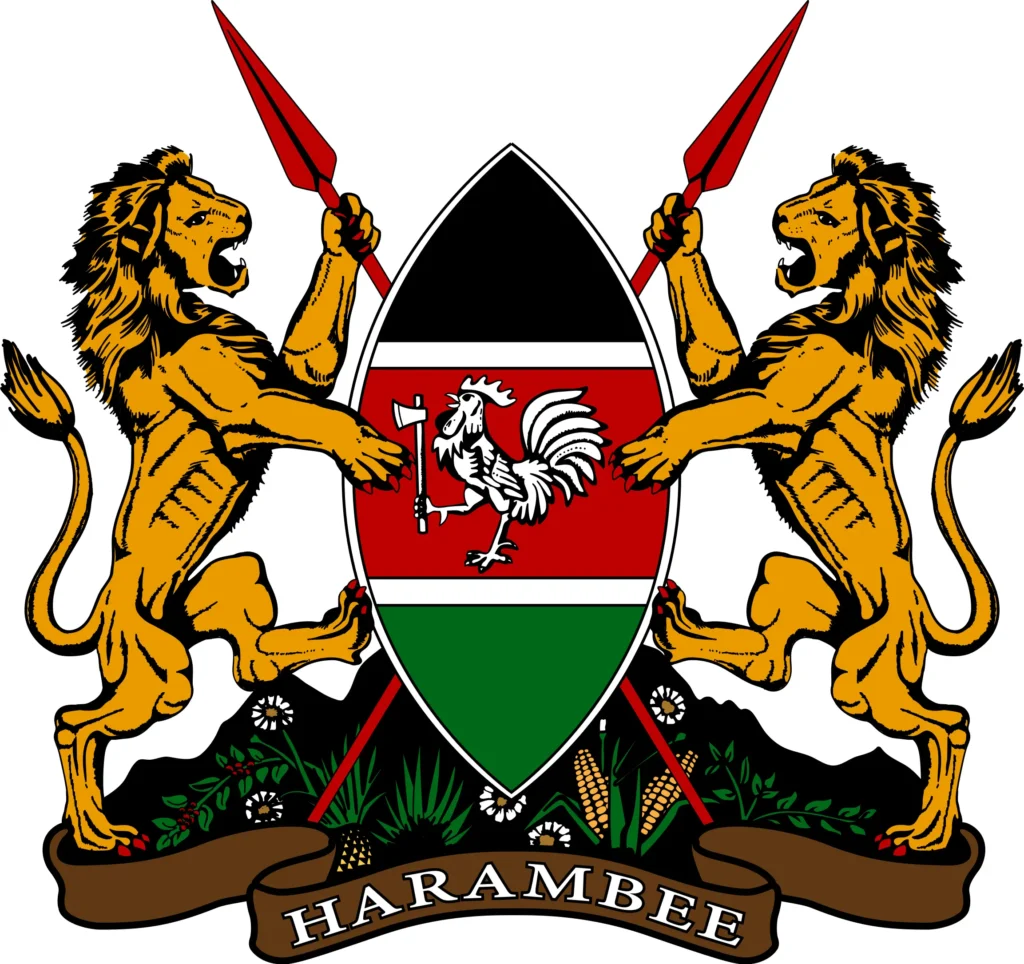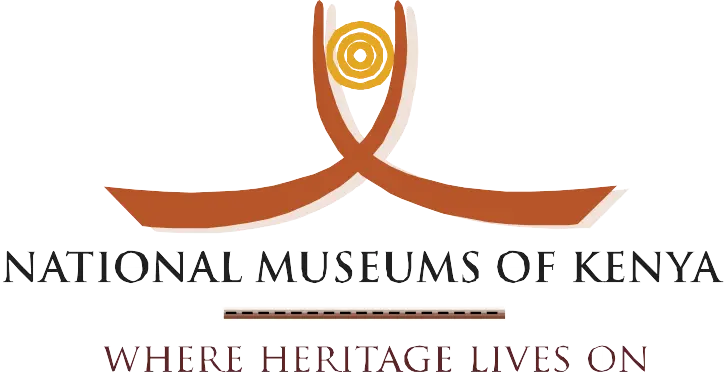“There is no compelling reason why you don’t have cancer. Why any of us doesn’t. We aren’t purer, luckier, or more deserving. Cancer is a thief—random, cruel, and indiscriminate.”
These powerful words, adapted from Bikozulu’s poignant essay Eleven Lymph Nodes, echo the unsettling truth about cancer’s arbitrary reach. His story centers on a woman who seemed invincible—fit, health-conscious, a marathon runner. She checked every box society assigns to “healthy living.” And yet, cancer still found her.
This paradox lies at the heart of cancer’s cruelty: it respects no logic, and its grip is often as random as it is devastating.
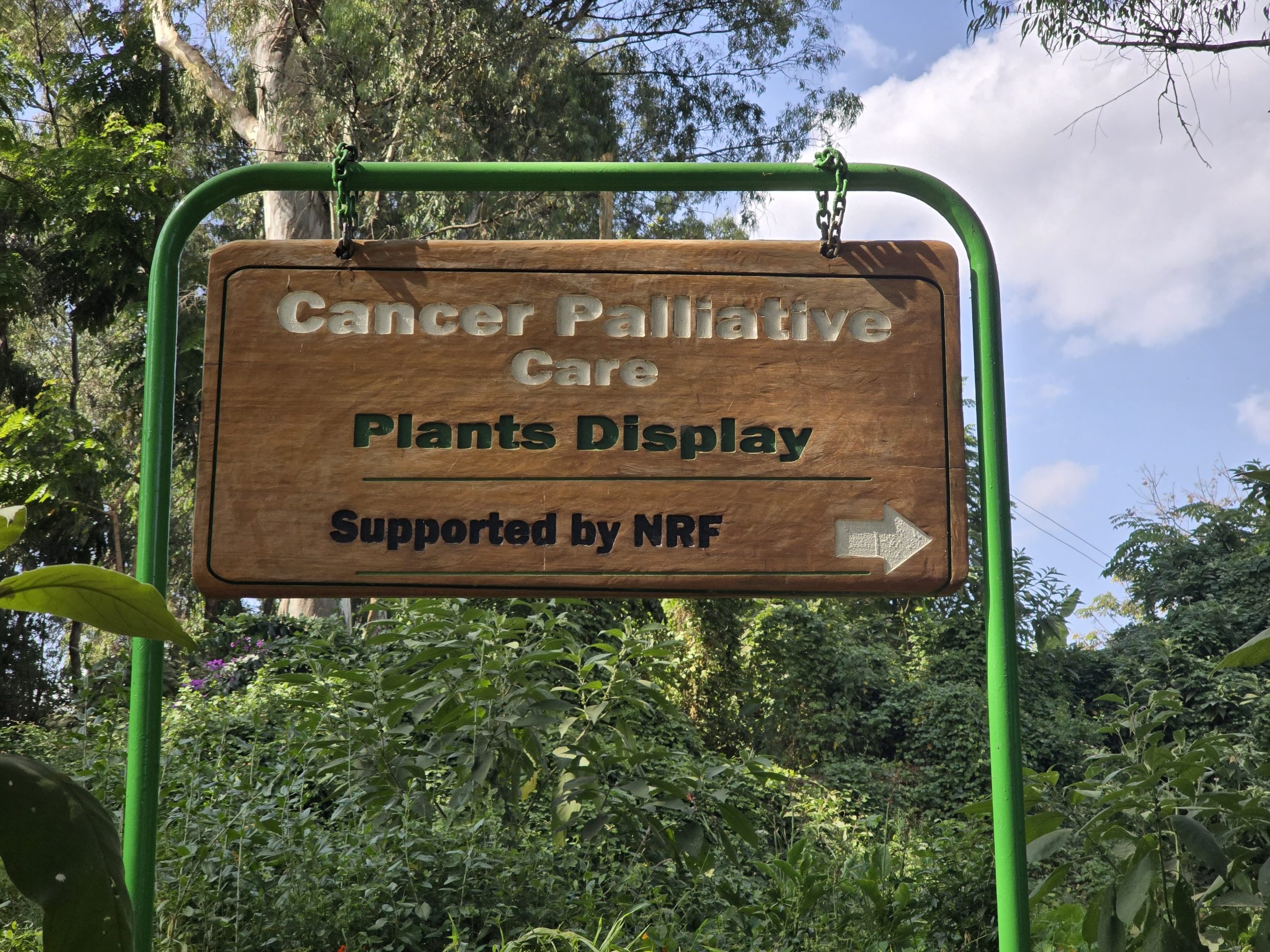
A Growing Crisis, A Call to Act
Cancer remains one of the leading causes of death worldwide. The World Health Organization (WHO) projects more than 20 million new cases annually by 2025—80% of them in low- and middle-income countries. In Kenya, the statistics are sobering. The Kenya Medical Research Institute (KEMRI) reports over 47,000 new cases and more than 32,000 cancer-related deaths each year. Many of these cases are diagnosed late due to poor access to screening and treatment.
Despite this, hope exists—not just in modern medicine, but also in our deep-rooted heritage.
Rooted in Heritage, Grounded in Science
In a groundbreaking initiative, the National Museums of Kenya (NMK) has established the Cancer Palliative Garden, a unique space where science, traditional knowledge, and hope converge. Officially launched within the NMK Botanic Garden near Michuki Park, the garden showcases over 25 plant species traditionally used in managing cancer symptoms.
This is not folklore—this is evidence-based collaboration. Since 2018, researchers from NMK, the University of Nairobi, KEMRI, and the Ministry of Culture and Social Services, with support from the National Research Fund (NRF), have worked with Traditional Health Practitioners (THPs) to identify, validate, and document medicinal plants used by cancer patients.
The result is a living archive of indigenous phytotherapy.
Some of the featured species include:
-
Combretum molle (Velvet Bushwillow) – valued for its antioxidant and anti-inflammatory effects
-
Prunus africana (African Cherry/Red Stinkwood) – traditionally used in managing prostate conditions
-
Zanthoxylum gilletii (East African Satinwood) – rich in medicinal oils with reported anticancer properties
Each plant tells a story—of healing, resilience, and the quiet power of nature.
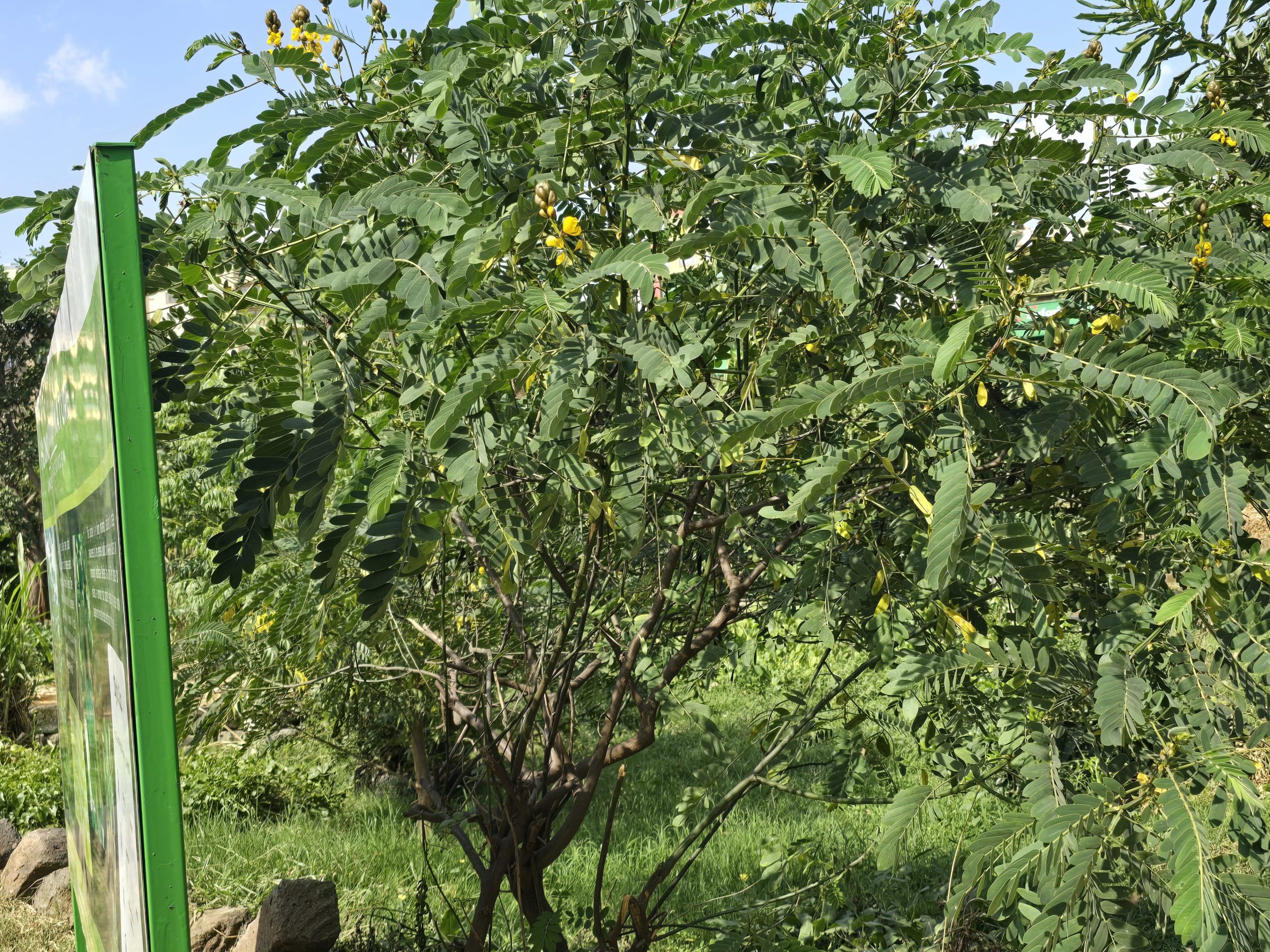
Evidence Beyond Anecdote
Under the leadership of Dr. Solomon K. Cheboi (PhD), the research team—including Dr. Kiprop Lagat, Peris Kariuki (PhD), Daisy N. Nyawira, Philamon Nyamanga, Peter M. Ngolo, and Wanjiru S. Ng’ang’a—surveyed 443 cancer patients using traditional regimens alongside or in place of conventional care.
The results were remarkable:
76% of participants reported noticeable improvement in quality of life after using plant-based remedies.
These findings validate not just the medicinal potential of Kenyan flora, but also the wisdom of indigenous knowledge systems that have long supported local communities.
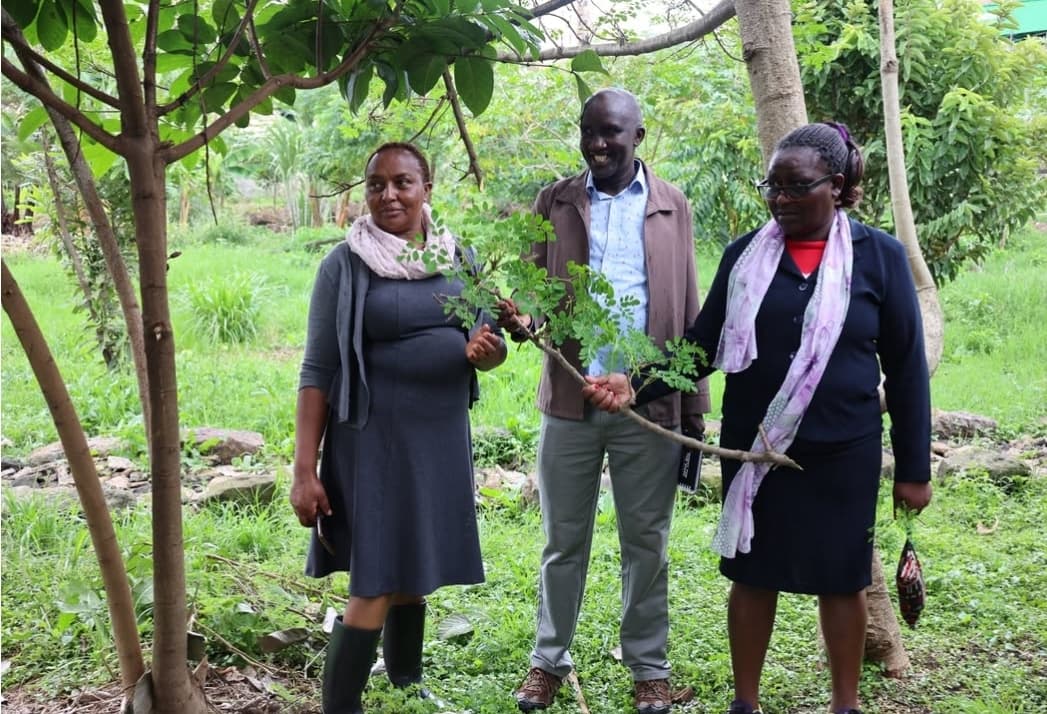
A Testimony of Healing
One such story is Kariuki’s. In 2022, he began experiencing unexplained nosebleeds. A diagnosis of Stage 2 throat cancer followed. Chemotherapy left him too weak to eat, requiring a feeding tube. Fearing the worst, his family turned to a THP, who prescribed a herbal regimen.
“I thought I was going to die,” Kariuki recalls.
“But within months, I could eat again. My strength returned. By 2023, my scans were clear. I was cancer-free.”
His case, while personal, represents a broader truth: for many, traditional medicine is not a last resort—it is a lifeline.
Healing Beyond Medicine
The Cancer Palliative Garden is more than a collection of plants. It is a space of dignity and healing, offering:
-
A platform for continued research and documentation
-
A sanctuary for patient awareness and education
-
A symbol of integration between conventional and traditional approaches
In a country where many face financial ruin due to cancer treatment costs, this garden provides a culturally relevant, affordable complement to care—one that deserves serious investment and support.
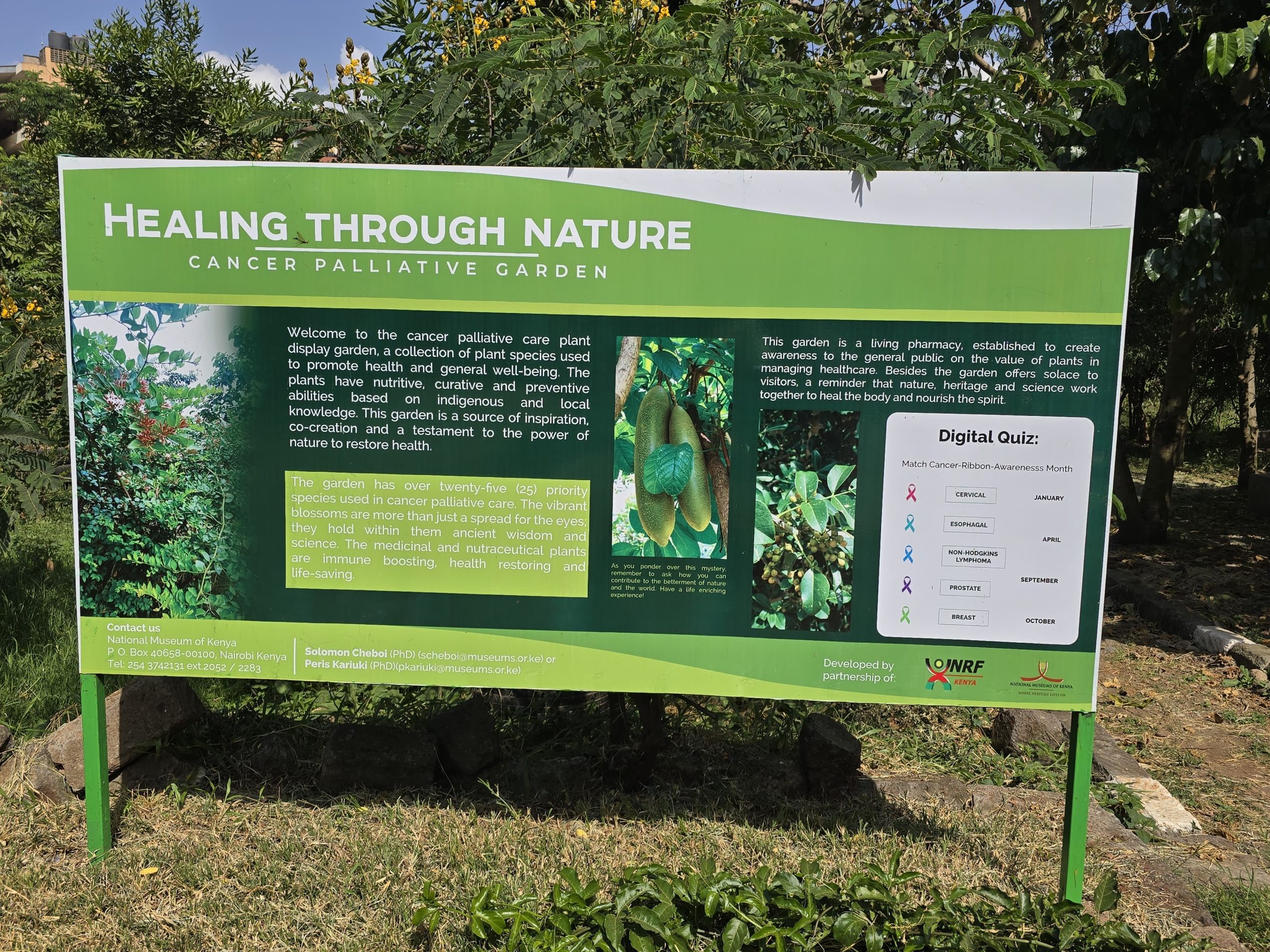
A Quiet Revolution
Cancer may continue to cast a long shadow over our communities. But within the tranquil paths of the Cancer Palliative Garden, a different story is taking root—one of restoration, equity, and inclusion.
It reminds us that healing isn’t always found in machines or laboratories. Sometimes, it lives in our own soil—in bark, root, and leaf—waiting for us to remember, respect, and reclaim it.
By Lilian Mwenda
